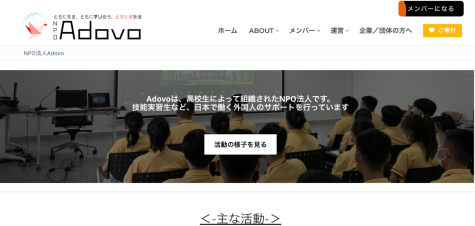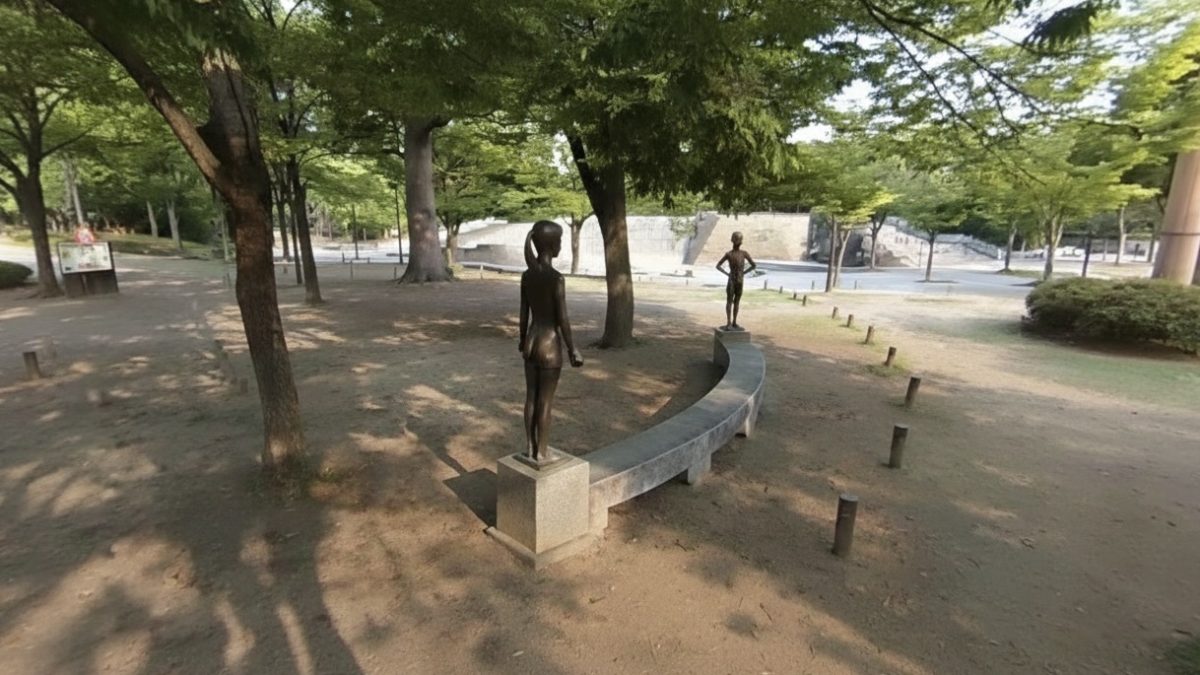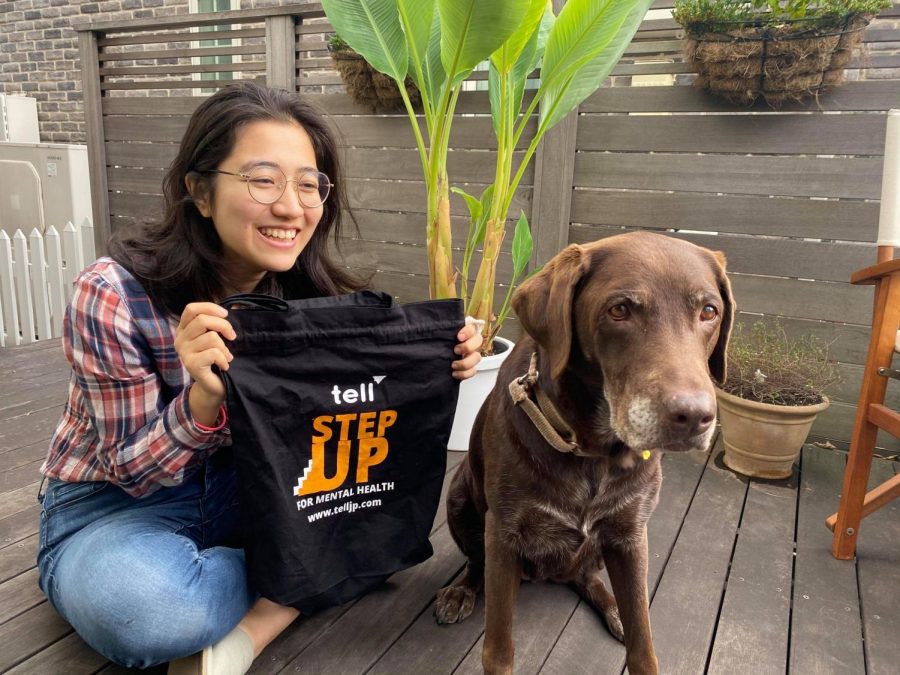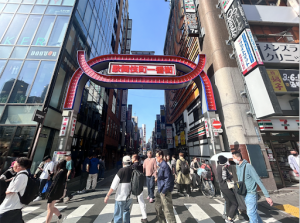Realities behind the Technical Intern Training Program
How organizations are striving to support the interns
Photo Credit: Pixabay
Many Japanese plantation farms recruit Technical Intern Trainees as part of the Technical Intern Training Program.
November 16, 2022
Skimming through the newspapers or watching the news, it is common to hear about the unfair treatment of foreign workers in Japan. Hà Thị Giang, a single mother who worked on a plantation farm in Tokushima, borrowed a vast amount of money to travel to Japan in the hopes of being able to find work and financially support her family back home in Vietnam. In an interview with Nippon TV, she talks about her experience—of living in a small room next to a barn warehouse with two others. Ultimately, the mother was fired from the workplace after having been seen talking late at night with her friends at a park. Although Japanese law clearly states that employers must not restrict the activities of their technical intern employees, the intern was still forced to return to Vietnam.
Foreign workers like Hà Thị Giang are often referred to as “Technical Intern Trainees,” who are well-known in Japan with the name 技能実習生 (gi-nou ji-shusei). The Technical Intern Training Program, established by the Japan International Trainee and Skilled Worker Cooperation Organization (JITCO), was created in 1933 with the aim of providing job opportunities to workers in developing countries.
According to JITCO, the Technical Intern Trainee program “(….)is intended to form employment relationships between corporations, sole proprietors, and other businesses in Japan with Technical Intern Trainees so that the trainees can acquire, master, or enhance Skills, etc. that would be difficult to acquire in their home countries.” The Immigration Services Agency of Japan data shows that there are approximately 27,600 foreign Technical Intern Trainees in Japan as of the end of 2021, and over 60% are Vietnamese, Chinese, and Indonesian.
Despite there being a large number of Technical Intern Trainees in Japan, not many Japanese people understand the long process of becoming an intern. To gain a quick understanding, there are two ways a Technical Intern Trainee can be recruited to work in Japan. The first way is for Japanese individual companies to accept foreign workers from overseas, and the second way is for a group of multiple Japanese companies—which are supervised by government organizations—to manage and take care of interns.
There are four training periods that the interns have to complete, and they will acquire one year’s worth of Japanese residency status at the end of each training period. The first year of this Technical Intern Training Program consists of learning the Japanese language as well as the rules and regulations of Japan. The next four years are for the interns to practice the various technical skills within their recruiting company and to pass the training program tests every year. Once all is finished, the interns are able to receive a certificate of the Technical Intern Training Program completion and return home to their country.
For a long period of time, the Technical Intern Trainee program proved to be a success for both the companies in Japan that were in need of workers and for the workers from foreign countries who wanted to acquire technical skills. However, in March 2020, the United Nations released an issue statement regarding the Technical Intern Training Program. The statement’s main purpose was to address concern towards the Japanese government about the various acts of discrimination triggered by the Technical Intern Training Program. The statement states the following: “The Government of Japan should immediately abolish the Technical Intern Training Program and consider alternatives to the Program that will accept foreign workers, sufficiently taking into account protection of human rights of foreign workers.”
An online article posted by The Guardian gives examples of what exactly is the issue of the Technical Intern Training Program. According to the article, out of the 6,000 surveyed companies, 70% have broken labor laws regarding illegal and unpaid overtime. In addition, the article writes that 7,000 interns have fled from their workplaces and disappeared within Japan due to the reasons of low wages and long work hours. Furthermore, Nikkei Shimbun posted an article saying that in the past eight years, thirteen people have died by suicide. However, the actual numbers may be even higher, and there are some cases where the reason for death is ambiguous. Some of the interns’ deaths have met the criteria for what is commonly known in Japan as 過労死 (karoshi), or in other words, death from overwork.
The treatment of Technical Intern Trainees has been a significant issue that is frequently discussed on various news and social media platforms. There is even worldwide criticism on how interns in Japan are essentially modern-day “slaves.”
So, is anyone making an effort to prevent this issue? Ever since the Technical Intern Training Program has become widely problematic, there are people and organizations who are striving to help the interns by spreading awareness of the current situation of the Technical Intern Training Program.
The Organization of Technical Intern Trainees (OTIT), established in 2017, is an organization that provides its website in various languages as well as in “Easy Japanese”—a form of the Japanese language that only uses simple words to make it easier for foreigners to understand. OTIT publishes a wide variety of information on its website, including details on how interns can apply to the Technical Intern Program. Interns are able to receive consultation in their native language if they are in need to talk about their problems, and OTIT also accepts emergency telephone calls 24 hours a day, seven days a week.

(Adovo.org)
Adovo is another organization that is reaching out to Technical Intern Trainees who need crucial support. The organization is an NPO that was created in 2019 by a group of high schoolers. In an interview, Shugo Matsuoka—the founder of Adovo and a current high school junior— talked about the reason for establishing the organization.
“I learned about Technical Intern Trainees during my high school years. When I learned that young people of my generation were working abroad for their families, and that there were trainees who encountered human rights violations, I wondered if there was anything I could do. I started this organization with two friends at first, but I am now working with around 60 members as a team.”
Nonetheless, he mentioned the challenges Adovo faces while working along with the Interns. One of the biggest problems is the language barrier. He said that it is hard to accurately communicate with the Intern Trainees during social gatherings and online classes. To avoid this problem and make communication easier as possible, Adovo also offers “Easy Japanese” language courses once a month. Yet, the enjoyment that he feels while working with the organization as well as the interns overpower the challenges. “Our organization holds exchange meetings with interns before they come to Japan, and we share information about Japanese social rules, tourism, and dialects. After coming to Japan, some trainees who participated in the exchange meeting say things like, ‘What you taught me was really useful!’ which makes me really happy and fulfilled to be a part of Adovo.”
The organization has also opened online and offline Japanese language classes for Technical Intern Trainees who want to study the Japanese language, and Adovo creates and offers textbooks to the interns to promote easier learning. The members have additionally organized field trips for technical intern trainees so that they are able to learn about Japanese culture and get used to the environment.
Although it is important for the Japanese government to make sure that the rights of the Technical Intern Trainees are ensured, NPO Adovo approaches this issue from another perspective. The organization’s goal is to make a society where everyone can live and learn together, which they call “Tomoiki” (Tomo=together and Iki= live). Instead of dismissing the situation of the Technical Intern Trainees as something that is not closely related to our lives, we may be able to successfully build a “Tomoiki” society through a relationship of mutual respect and trust with the Technical Intern Trainees.






























































